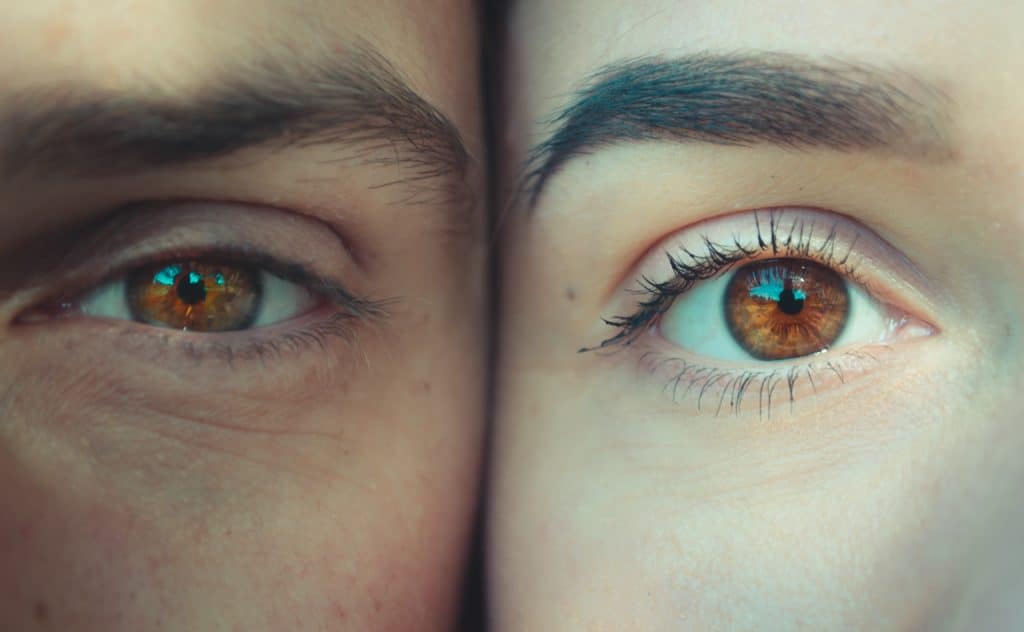Our bodies are a complex system of interconnected organs. The eyes have some of the smallest blood vessels in your body, and often are the ‘window’ to showing early changes in general health conditions such as high blood pressure, diabetes, and changes that may occur due to medications. Changes in your eyes can signal vision problems, stress, and even retinal detachment. What’s more, most of these you can actually see for yourself assuming you know what to look for. The American Academy of Ophthalmology has given us an outline of what your eyes reveal about your health, and how you know it’s time to visit your doctor.
At this point, researchers are working on new technologies to help doctors get a better look into the eye and catch diseases earlier. They are also designing new tools to help people with vision loss get around in their daily lives. Today’s clinical technologies to image the eye are pretty amazing, but they are undergoing tremendous advances. With new tools, eye health professionals may be able to catch disease even earlier. For example, there is a new microscope to improve the diagnosis and treatment of glaucoma. Glaucoma causes blindness by damaging nerve cells at the back of the eye. The cells that get damaged by glaucoma are hard to see in the early stages of the disease.

1. Signs and clues found in your eyes
The old saying goes that the eyes are the windows into the soul, but they can also be a window into your health. Ophthalmologists often see clues in the eyes that warn of health issues elsewhere in your body. In fact, a thorough assessment of eyes in a comprehensive eye exam also helps doctors spot early signs of some serious health problems (overall health problems) ranging from high blood pressure and diabetes to risk of stroke by examining delicate blood vessels and various other structures within human eyes.
Interestingly enough, “Any ophthalmologist who does routine eye exams can detect these problems,” says ophthalmologist Richard Gans, MD. “Eye exams are important not only for the health of the eye but also to determine if there are systemic issues that need attention,” he says. Here are some health warning signs ophthalmologists can find in your eyes.
